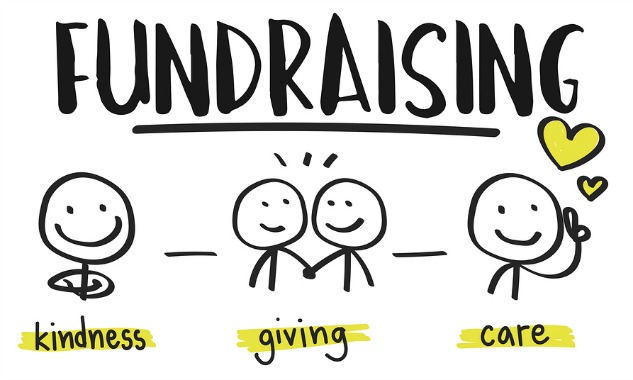
Conservation Groups Turn To Virtual Fundraising In The Era Of Social Distancing
Posted on 8th Oct 2020
Article By: Chris Dorsey
Dinner banquets and award ceremonies have given way to on-line appeals and slick productions
In 1962, Rachel Carson published an expose on the impacts of pesticides on birds, the title of her groundbreaking book, Silent Spring, warned what the future held if the use of some of these chemicals—including DDT—was not curtailed. For scores of conservation groups who rely on in-person fundraising events that draw millions of Americans each year, the Silent Spring title could have been used to describe their annual auctions. As sheltering in place and social distancing became the new normal, the revenue model that has generated billions of dollars for American conservation over the last century appeared to be headed the way of the dodo.
The same technology that enabled many businesses to function by allowing employees to work from home, however, became many organizations’ best hope to keep the funding pipeline flowing. But it was a heretofore untested approach.
“We didn’t have a choice,” says Jim McDuffie, the CEO of Bonefish & Tarpon Trust, a small but influential Florida-based marine conservation nonprofit. “We needed to adapt and do so quickly. Revenues from these events make up a significant part of our annual budget—and our mission wasn’t on lockdown.”
One of the organization’s key events is an annual star-studded affair in New York City that would draw many of its A-list supporters including Tom Brokaw, Michael Keaton, Huey Lewis, Liam Neeson, Yvon Chouinard and many others. The event would routinely raise $550,000, important revenue for a small conservation concern.
“After postponing our original date in April, we decided to hold the fundraiser virtually,” says McDuffie. “These were uncharted waters for BTT, as they are for many non-profits, and the timeline was incredibly short. We began planning and working through the details of how we could replicate the New York event through an online program that would celebrate our work, inspire our supporters, and include an auction to fill the COVID-induced gap in our budget.”
Part of the recently held event included presenting veteran NBC News anchor Tom Brokaw its highest conservation award. Introducing Brokaw was recently retired NBC Universal Chairman Steve Burke, a fellow conservationist and avid fly fisherman. Michael Keaton, Huey Lewis, novelist Tom McGuane and Patagonia founder Yvon Chouinard were other award recipients.
“I was a little skeptical about a virtual event at first,” says Brokaw. “But it was beautifully produced and highly effective both in its messaging and fundraising.”
“When we started planning over the summer, we were all a little anxious about how well this approach would be received,” says McDuffie. “But we were delighted that so many people logged-on, even more than at our in-person event, and we raised nearly as much money.”
Similarly, the Congressional Sportsmen’s Foundation, a DC-based non-profit that advocates for hunters, anglers and sportsman-supported conservation groups on the Hill as well as in state houses across the country, recently converted one of its largest fundraisers to a virtual event.
“When times are tough, it helps to have a stable of strong supporters who believe in the mission and step up to help,” says Jeff Crane, the organization’s President. “At a time when it is difficult to retain people’s attention, we saw success with the folks dialing in to participate in our virtual event, including several members of our Congressional Sportsmen’s Caucus.”
While the organization’s virtual event saw a different level of participation from their in-person gathering where they typically have a room full of major donors and numerous members of Congress, they were able to raise over 80 percent of what they typically receive for their in-person event.
“It was a true testament to the strength of CSF’s mission,” says Crane. “We’re all learning together as we figure out how to best connect with and motivate people through a virtual event. In this process, we might just forge a better way forward even after COVID passes.”
For Safari Club International, a 50-year-old non-profit that has raised more than $70 million for wildlife conservation across the globe just since 2000, a recent virtual event to raise money for suffering guides and outfitters across the world became yet another success story in the brave new world of conservation fundraising.
“Few sectors of our economy have been as impacted by COVID as the travel industry,” says SCI’s head of marketing Chip Hunnicutt. “Thanks to our generous supporters, we were able to raise more than $500,000 during our on-line event…and we learned a lot in the process that will make us better as an organization in the future.”
As any business consultant or biologist will tell you, survival is about adapting to new environments and overcoming challenges. For many non-profits, they’re working to not just emerge from difficult times, they’re looking to thrive.
